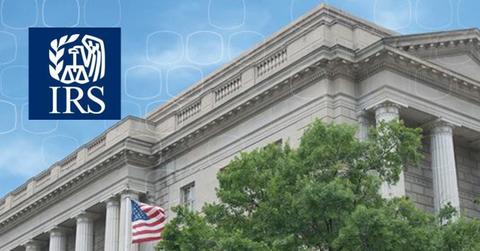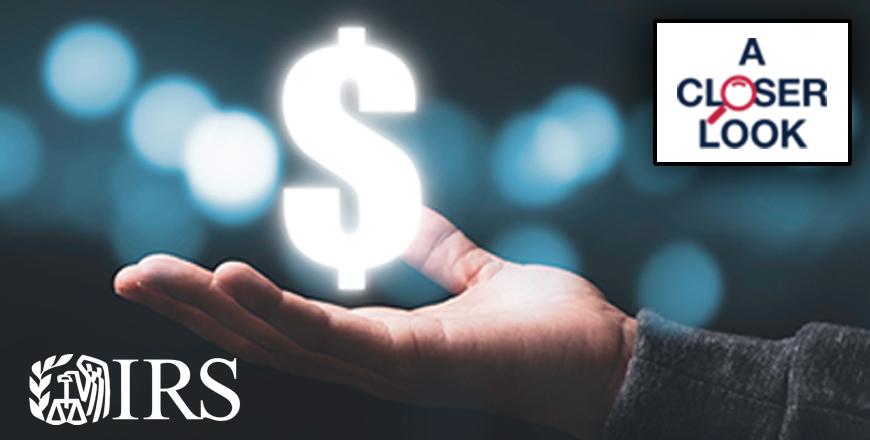How Much Does It Cost to Get Your Taxes Done?
Tax filing season is upon us, and people are getting ready to file their taxes. How much does it cost to get your taxes done?
Jan. 10 2022, Published 6:46 a.m. ET

While the IRS hasn't announced when it will start accepting tax returns yet, it typically starts by the end of January. As tax season nears, people are preparing their taxes, with some seeking professional help for tax filing. How much does it cost to get your taxes done?
In the U.S., tax returns are filed with the IRS or with state or local tax collection agencies. Form 1040 and its variations are used to file federal income taxes. The IRS estimates that about 80.5 million Americans use paid preparers to complete and file their electronic tax returns.
There's no fixed cost of doing taxes
As a general rule, there's no standard fee tax return professionals can charge. However, the cost typically rises as your financial situation and tax return become more complex. According to Investopedia, the average cost of hiring a tax professional ranges from $146 to $457, and according to Ramsey Solutions, the average cost for basic tax form preparation is about $220.

Factors determining cost of filing taxes
The cost of doing taxes depends on many things. The first thing is whether you're hiring a professional accountant or someone doing taxes independently. Other factors include the following.
Type of return
The complexity of the return determines the type. For example, it costs $176 on average to hire a certified public accountant (CPA) to prepare and submit a Form 1040 and state return with no itemized deductions. However, as the complexity rises, so do the rates. Add itemized deductions to the mix, and you could end by spending $323. Tax filing has become more complicated after the Tax Cuts and Jobs Act went into effect in Jan. 2018.
As you add more schedules, the fees increase. The schedules' average additional fees are as follows:
- Schedule C (sole proprietor/independent contractor): $192
- Schedule D (gains and losses): $118
- Schedule E (rental): $145
- Schedule F (farm): $200
Experience of the tax professional
The preparer's qualifications and experience will impact their fees charged as well. A certified CPA, for example, would charge more than an enrolled agent.
Your location
Fees also vary considerably depending on your location. You can expect to pay more than average on the Pacific Coast, and less in the southeastern U.S.
How organized you are
Another thing that determines the fees is how organized your taxes are. Usually, the more organized you are, the less work the professional has to do, resulting in them charging lower fees.
How do tax advisors charge fees?
Tax professionals' fees may be based on one or several of the following criteria:
- A fixed fee for each tax form or schedule
- A fee that matches what you paid the year before
- Fees based on the complexity of a person’s situation
- An hourly rate for time spent
- Additional fees for services such as expediting returns, filing for an extension, or responding to IRS audits
Free tax-filing assistance
Moreover, depending on your income level and if you're a senior citizen, you could qualify for free tax filing assistance. Two such programs initiated by the IRS are:
- Volunteer income tax assistance (VITA)
- Tax counseling for the elderly (TCE)
